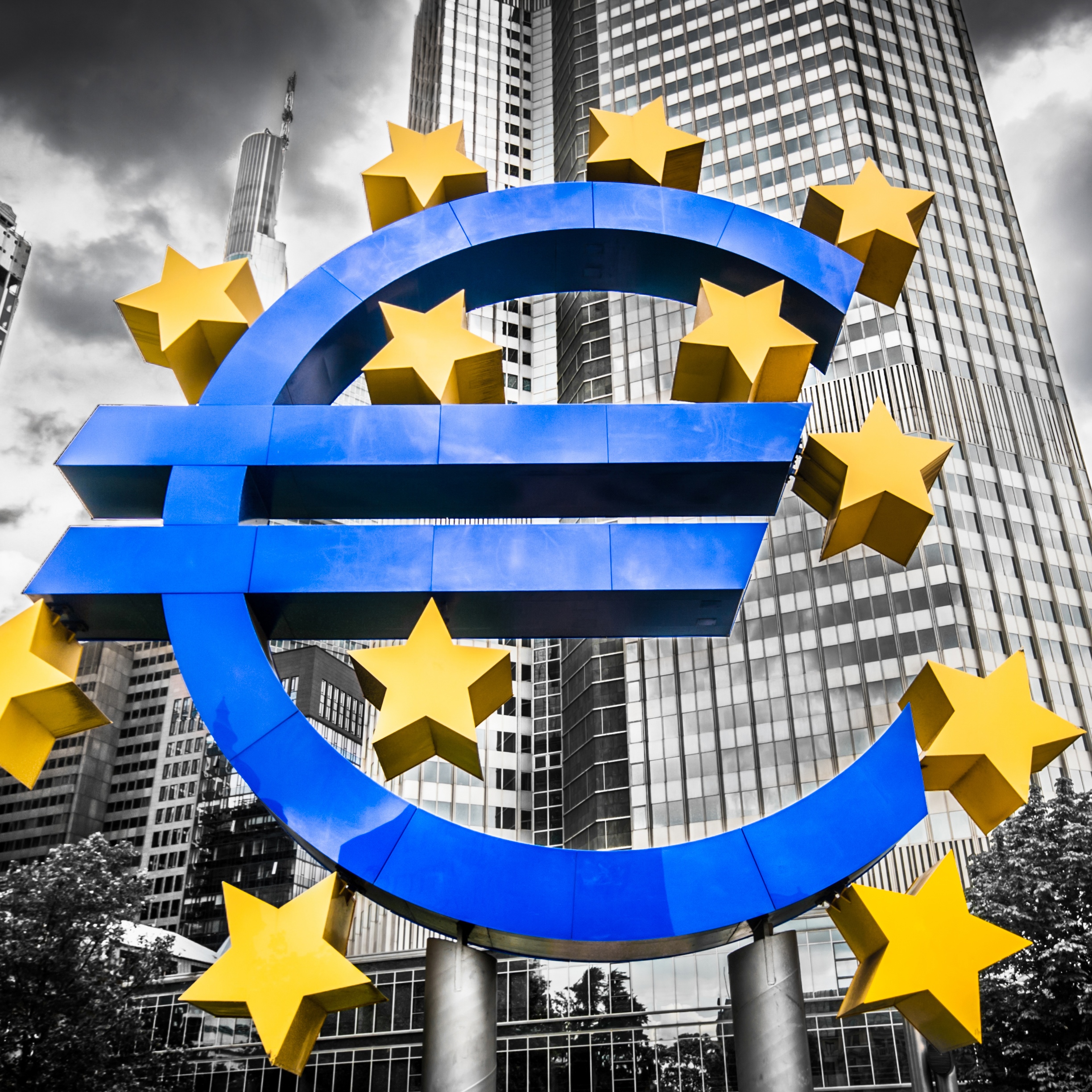
Monday may be getting a bit of fresh air from the discussions by the European Central Bank (ECB) at the European Parliament plenary debate, which was over the ECB Annual Report for 2014. ECB President Mario Draghi had prepared remarks that hint again at more quantitative easing actions at the March meeting.
As the challenges are both European and global, Draghi is communicating that these challenges demand a strong European response. Draghi’s focus ahead is on the ECB’s current monetary policy and why the ECB will reassess its stance at the March ECB meeting. Draghi also wanted to see the economic challenges today and what it takes to address them.
Draghi’s keynote statement: Economic success is also part of the solution in other fields. Therefore, mitigating economic risks deserves to be high on the political agenda.
The ECB has had to revise inflation expectations lower. At the start of 2015, its staff was forecasting inflation to reach 1.5% in 2016 and 1.8% in 2017, but by in December they were forecasting inflation of only 1.0% for 2016 and 1.6% for 2017. Without central bank actions, growth would have been significantly lower, even as the actions have been judged to be insufficient for price stability expectations.
It is already on the books that the ECB extended its asset purchases out to the end of March 2017. It will also reinvest the principal payments of the purchased assets once they mature for as long as necessary. Here is where Draghi sees the current need to reassess the ECB’s quantitative easing policies further. Draghi’s commentary said:
Since our meeting in early December, conditions have once more changed. A moderate recovery of the euro area economy is under way, driven mainly by domestic demand. But downside risks have increased again amid heightened uncertainty about emerging market economies’ growth prospects, volatility in financial and commodity markets, and geopolitical risks. Inflation dynamics are also tangibly weaker than we expected in December. While the most recent wave of disinflation is mainly due to the renewed sharp fall in oil prices, weaker than anticipated growth in wages together with declining inflation expectations call for careful analysis of the channels by which surprises to realized inflation may influence future price and wage-setting in our economy.
Therefore, at our last meeting in January we judged that it will be necessary to review and possibly reconsider our monetary policy stance at our next monetary policy meeting in early March, when the new staff macroeconomic projections become available.
Draghi then said that the ECB is willing to contribute its share to ensuring that the recovery remains firmly on track. There are risks. The outlook in emerging markets is more subdued. Fiscal policies should contribute to the economic recovery while being in full compliance with the requirements of the Stability and Growth Pact. Political uncertainty surrounding the European project is another issue.
Despite forecasting or telegraphing more quantitative easing ahead, there are limitations on what the markets should expect.
It’s Your Money, Your Future—Own It (sponsor)
Are you ahead, or behind on retirement? For families with more than $500,000 saved for retirement, finding a financial advisor who puts your interest first can be the difference, and today it’s easier than ever. SmartAsset’s free tool matches you with up to three fiduciary financial advisors who serve your area in minutes. Each advisor has been carefully vetted and must act in your best interests. Start your search now.
If you’ve saved and built a substantial nest egg for you and your family, don’t delay; get started right here and help your retirement dreams become a retirement reality.
Thank you for reading! Have some feedback for us?
Contact the 24/7 Wall St. editorial team.


